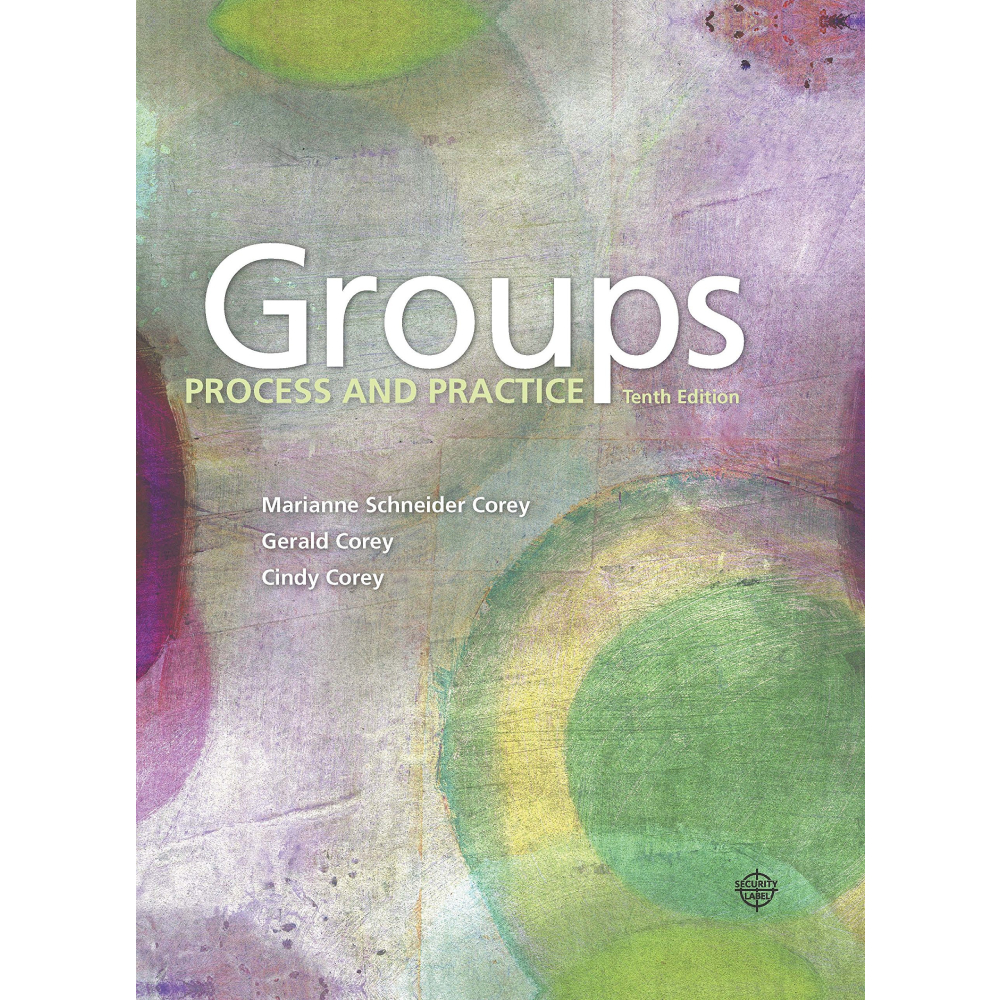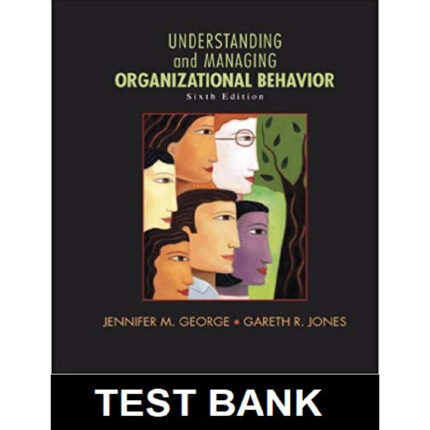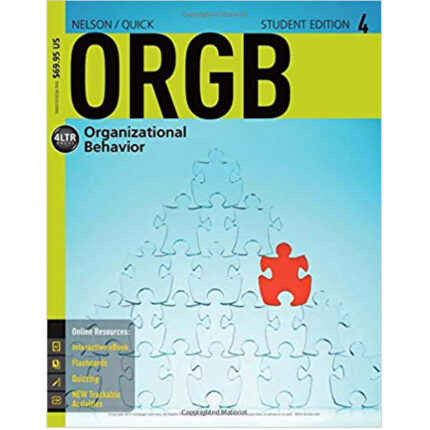Groups Process And Practice 10th Edition by Marianne Schneider Corey -Test Bank
1. __________ illustrate ways practitioners have applied the concepts discussed in this book to various client populations in a community.
a. Effective uses of power
b. Political actions
c. Leader education
*d. Group proposals
2. Many women learn early that the predominant expectation in a patriarchal society is all of the following except __________:
a. aloneness
*b. child-rearing
c. autonomy
d. independence
3. A crucial opportunity in women’s group-work is delving into what it means to be _____________ in a(n) ____________ society
a. outcast/patriarchal
b. independent/matriarchal
c. equal/egalitarian
*d. female/patriarchal
4. A chief concern of men is the fear that they will be _______________ for deviating from societal roles and expectations.
a. ostracized
b. devalued
*c. sanctioned
d. emasculated
5. In a group context, one powerful intervention is the leader modeling appropriate __________ by sharing some of his own life experiences.
*a. self-disclosure
b. suppression of anger
c. giving up well-entrenched gender roles
d. proper parenting
6. Traditional approaches in treating male perpetrators of domestic violence typically demonstrate:
a. a very low recidivism rate
b. a 100 percent recidivism rate
c. an extremely high recidivism rate
*d. an average recidivism rate of around 50 percent
7. The Solution-Focused approach of Lee and colleagues advocates the design of and adherence to specific and achievable goals. These goals must be established by the participant:
a. In orientation
*b. By the third session
c. By the beginning of the Working Stage
d. During the first session in contract form
8. Men may pay a steeper price than their female counterparts for engaging in ___________ behaviors, which encourages men to remain deeply entrenched in masculine roles.
a. gender typical
b. gender specific
*c. gender-atypical
d. gender usual
9. An emerging counseling emphasis on __________ presents a more optimistic picture of changes taking place in gender roles.
*a. positive masculinity
b. negative masculinity
c. positive femininity
d. negative femininity
10. When dealing with older adults/the elderly in therapeutic sessions, Christensen and colleagues focus on the facilitation of members’ __________________.
a. nostalgia
*b. reminiscence
c. written memoirs
d. past transferences













Reviews
There are no reviews yet.